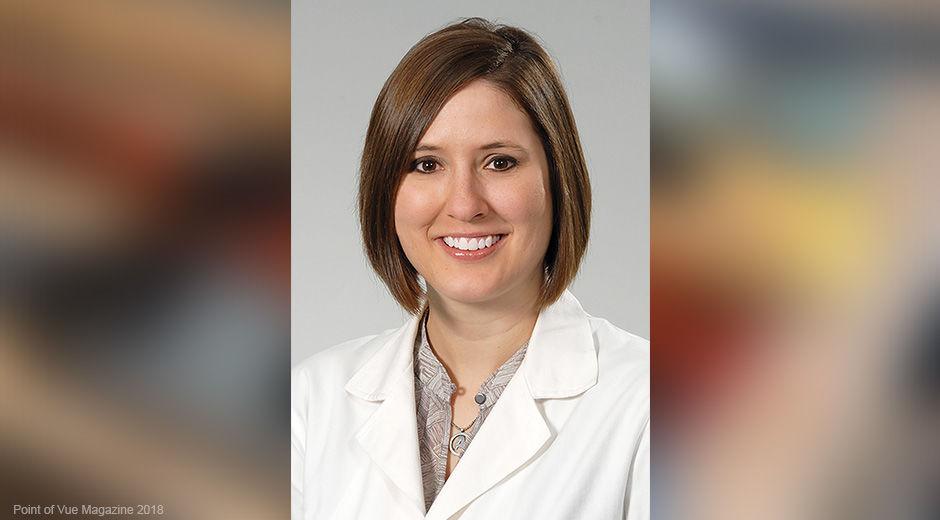
An Artist’s Touch
October 2, 2018
Fitness Tips for Fall
October 2, 20182018 marks the 30th anniversary of President Ronald Reagan’s designation of October as Pregnancy and Infant Loss Awareness Month. While community resources and awareness for these issues have greatly improved over the last three decades, these losses often remain unspoken leaving loved ones to grieve in silence. If you or your loved ones have suffered the loss of a child or pregnancy, it’s important to know that you aren’t alone and there are many resources available to help you through your grief journey.
What does Pregnancy and Infant Loss Awareness Month recognize?
October is designated as a month of awareness and remembrance of those who have experienced pregnancy loss or infant death, which includes but is not limited to miscarriage, stillbirth, Sudden Infant Death Syndrome (SIDS) and the death of a newborn.
How many people are impacted by pregnancy and infant loss?
According to the March of Dimes, as many as 50 percent of pregnancies may end in miscarriage, most often before a woman misses her menstrual period or knows she is pregnant. About 15-25 percent of recognized pregnancies will end in miscarriage. The Centers for Disease Control and Prevention (CDC) stated that there were more than 23,000 infant deaths in the U.S. in 2016. In total, millions of families have faced these losses.
What resources are available to those who have experienced pregnancy or infant loss?
The loss of a baby or pregnancy is one of the most difficult things that a family could face. It’s important to remember that everyone grieves differently and that you may experience a range of feelings including anger, sadness and confusion. It’s important to rely on family, friends, community resources and professionals to help you process your loss.
• Your physician can help you understand potential medical causes for the loss and can connect you with resources including counselors and support groups. Your doctor can also help you if you’re ready to expand your family.
• A grief counselor or therapist can provide important support as you process your loss.
• A religious or spiritual leader may provide comfort to you and your family.
• A support group, in-person or online, can be very helpful as it will connect you with others experiencing the same challenges.
• Books and websites can be great resources. Our OB/GYN physicians recommend “We Were Gonna Have a Baby, But We Had an Angel Instead” by Pat Schwiebert to help with grieving and understanding.
This October, we encourage you to reach out to family and friends who have experienced loss and offer your love and support.
For more information about Ochsner Women’s Health Center – Raceland or for appointments, please call 985-537-3211.








